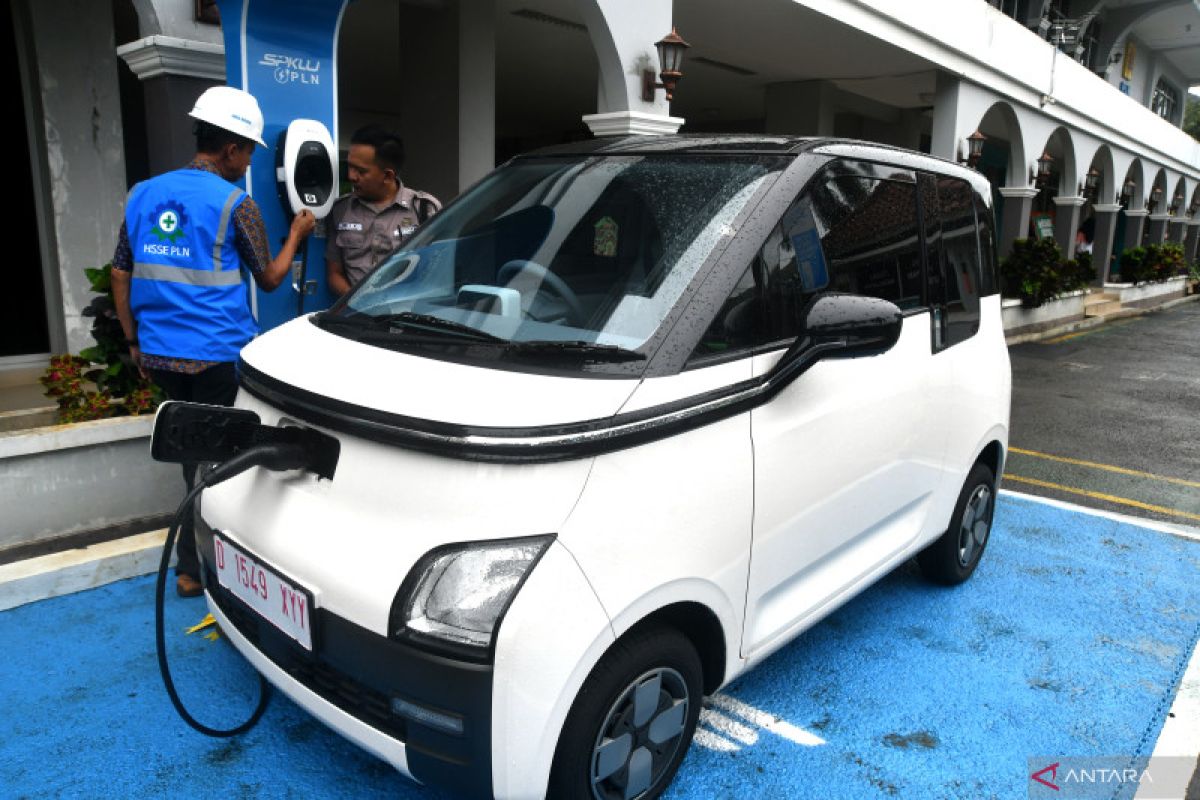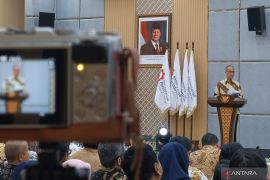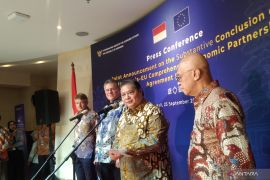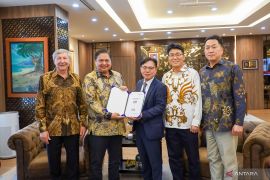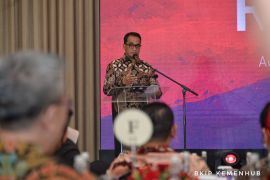"Indonesia is a net importer of oil and provider of energy subsidy, particularly vehicle fuel subsidy. The increase of vehicle fuel needs is proportional to the increase of the subsidy budget, which actually could be allocated instead for national development," the ministry's Deputy of Infrastructure and Transportation Coordination Rachmat Kaimuddin noted, as per the statement here Wednesday.
Kaimuddin said accelerating battery-based EV development is important, as the projected increase in the number of vehicles in Indonesia will impede the nation's efforts in achieving the greenhouse gas emission reduction targets in 2030 and net-zero emissions by 2060.
"The number of vehicles in Indonesia is large, (and we have) up to 21 million cars and 115 million motorcycles, and we will see this trend continue with the national economic growth," the ministry's official noted.
According to the Association of Indonesia Motorcycle Industry (AISI) and Association of Indonesia Automotive Industries (GAIKINDO) data, only 15 thousand electric motorcycles and eight thousand electric cars were sold in Indonesia in December 2022, significantly lower than the sale of conventional internal combustion engine (ICE) vehicles during the same period, Kaimuddin pointed out.
He remarked that the sale of electric cars and electric motorcycles accounted for only 0.04 and 0.01 percent, respectively, of the total number of vehicles in Indonesia.
The official said that the government should also address issues in consolidating the emerging industry, such as the limited number of EV producers in Indonesia, efforts to perfect the EV ecosystem, and price discrepancy with conventional vehicles.
Kaimuddin noted that the government will provide incentives for EV users and the industry to bolster the EV ecosystem in Indonesia.
"The incentives would be essential to reduce the price discrepancy between conventional vehicles and environmentally-friendly vehicles to ensure that price differences will not be a significant issue," Kaimuddin remarked.
Some incentives provided by the government for EV users include zero-percent sales luxury tax (PPnBM) for EVs fulfilling the domestic component level (TKDN), exemption from odd-even traffic restriction, lower tax, and zero-percent down payment facility, he remarked.
Related news: 60% of EVs globally to depend on Indonesia-made batteries: Widodo
Related news: EVs at G20 Summit drive home energy transition agenda
Translator: Ade Irma Junida, Nabil Ihsan
Editor: Rahmad Nasution
Copyright © ANTARA 2022
